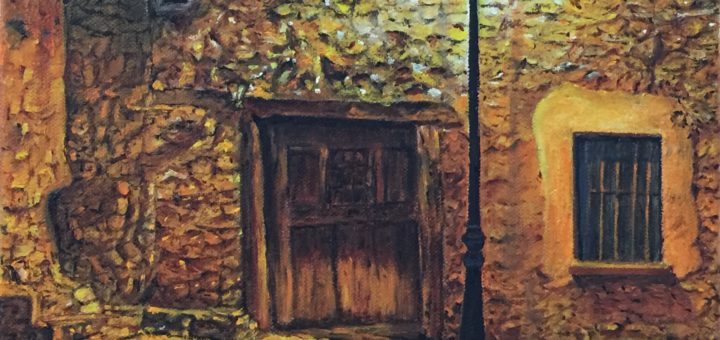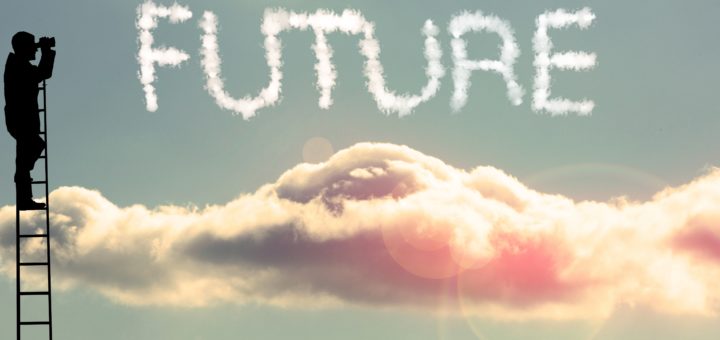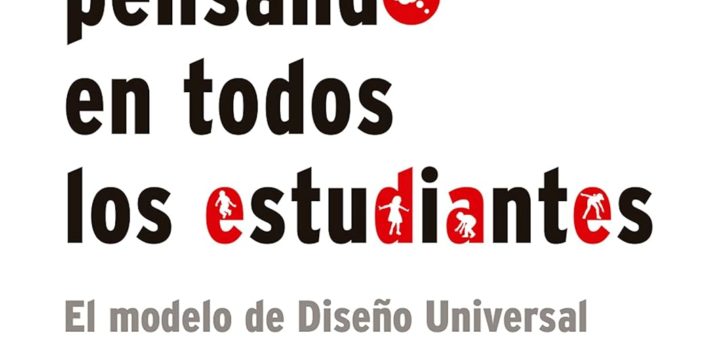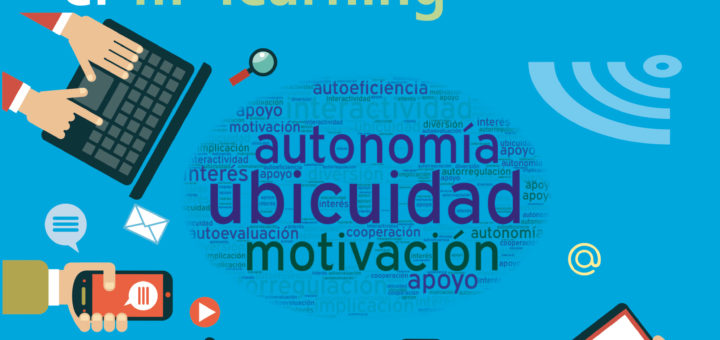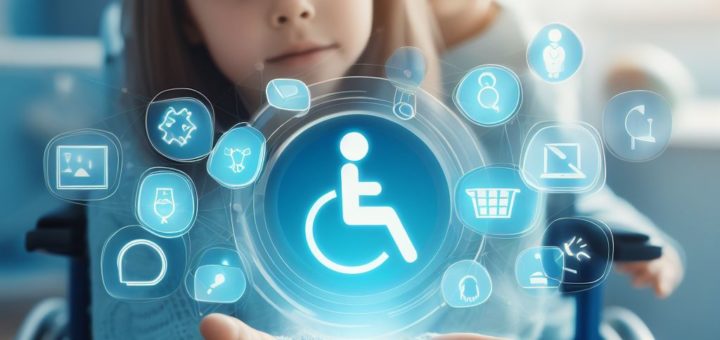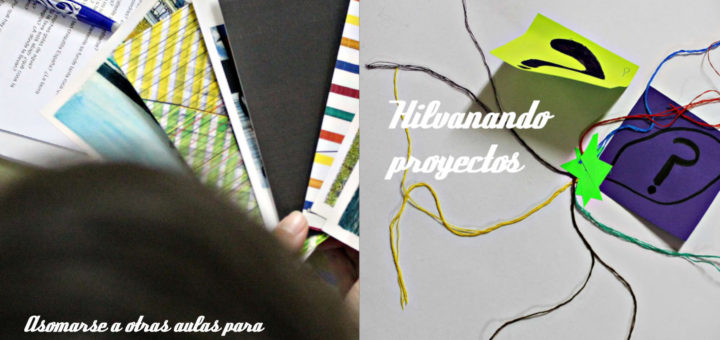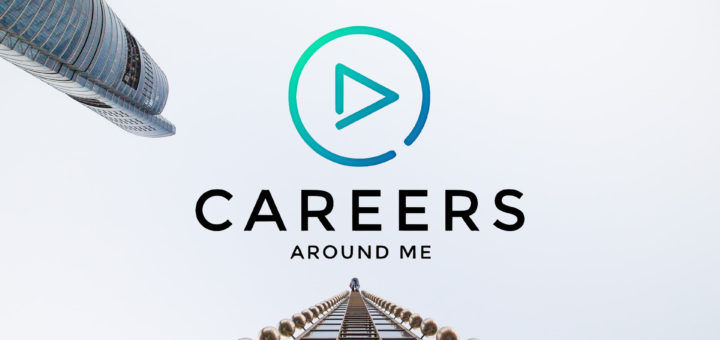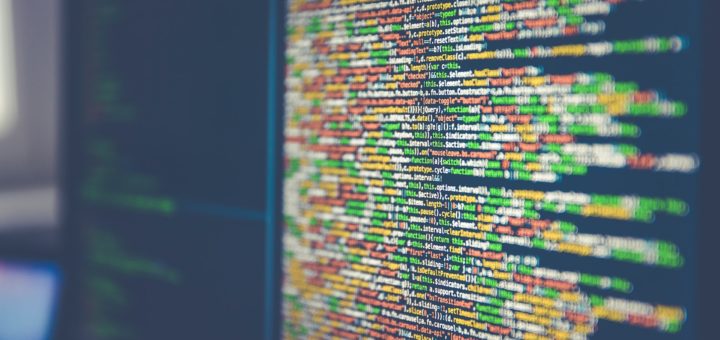For an education for repopulation
At present, the need to reflect on the phenomenon of “Empty Spain” has been awakened, or what is the same, the urgent need to stop the process of rural-urban emigration, which since the late nineteenth century with more notoriety, has been occurring to this day. Proof of this is the inauguration of the Ministry of Ecological Transition and the Demographic Challenge (2019), whose objectives in this second mission are defined from this prism, which states that ‘The sustainability of our Welfare State requires facing the challenges of population dynamics, which can put at risk social cohesion, territorial structuring and our model of coexistence. The Demographic Challenge is a fundamental dimension of social and territorial cohesion in our country, and one of the priority axes in the pending reform agenda (…). The European Green Pact must guide investments towards a fully decarbonized and climate change resilient economy by 2050.
